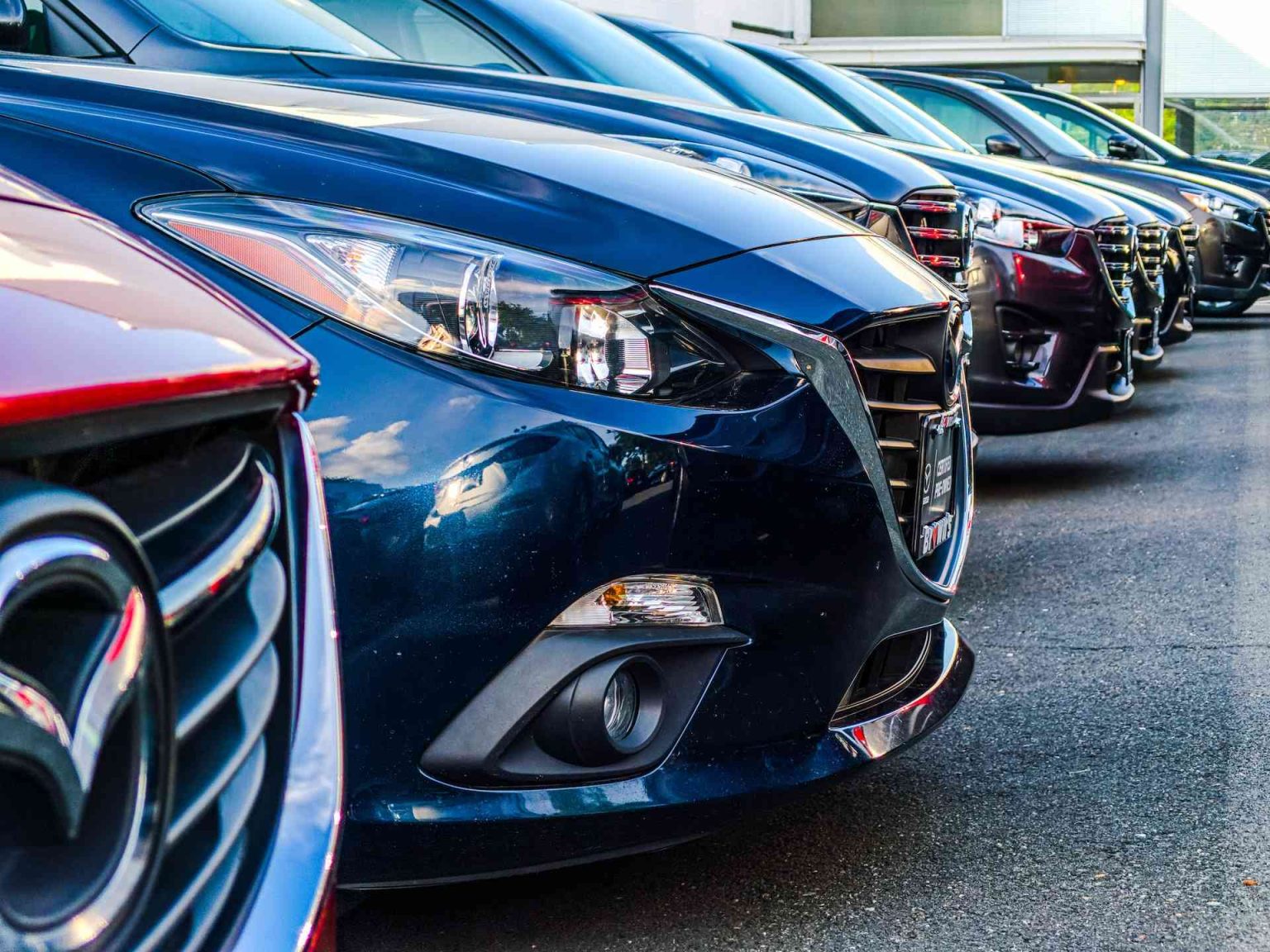The passenger car market in Spain has registered a slight increase of 3.4% in the month of July, reaching a total of 83,979 units sold. This increase continues the upward trend observed in recent months, largely driven by the improvement in sales to individuals. Despite this growth, the volume of sales in July remains below 100,000 units, a figure that used to be common in this month before the pandemic. So far this year, 619,224 units have been sold, representing a 5.6% increase compared to 2023, although it is still 23.4% lower than the 2019 records.
On the other hand, sales of electric and plug-in hybrid cars experienced a 4% decline in July, with 8,242 units sold. This decrease has reduced the market share of electrified vehicles to 9.8%, a figure lower than the 10.6% recorded in 2023. In total for the year, the electrified market has remained stable compared to 2023, with 64,127 units sold, representing 10.36% of the total market.
The average CO2 emissions of cars sold in July were 118.5 grams per kilometer traveled, 0.7% less than in the same month of 2023. In the year-to-date, the average is 117.8 grams of CO2 per kilometer, a 0.64% reduction.
Registrations of light commercial vehicles have grown significantly by 18.3% in July, reaching 14,931 units sold. In the first seven months of the year, there have been 100,355 new registrations, an 18.4% increase compared to the same period last year. Sales through channels have also improved, with a 43.1% increase in sales to self-employed individuals, a 15.8% increase in sales to companies, and a 3.8% increase in sales to rental companies.
In July, registrations of industrial vehicles, buses, coaches, and minibuses remained stable compared to the previous year, with 2,876 new units. So far this year, 21,459 units have been registered, representing an 18.9% increase. By type of vehicle, sales of industrial vehicles decreased by 2.9%, with 2,616 units, while sales of buses and coaches increased by 43.6%, reaching 260 units.
Félix García, communication and marketing director of ANFAC, explained: “July continues the upward trend of recent months, with a slight growth of 3%, although we are still 23% below pre-pandemic volumes. Recovering pre-pandemic market figures is not only a matter of economic scope but a step towards the required emission reduction goals. The entry of new vehicles will help rejuvenate a fleet that now averages 14.2 years old. The extension of the MOVES until the end of the year should serve as an important stimulus for buyers and ensure that the entry of sustainable vehicles aligns with the achievement of set and required goals.”
Raúl Morales, communication director of FACONAUTO, indicated: “Last month’s registrations confirm that July is a good commercial month for dealerships, although they had two more business days of sales, which has had a positive impact on the final result of the month. Above all, it is necessary to highlight the good performance of the private channel, which this time is close to 50% of all registrations, breaking the trend of previous months where its contribution was lower. Unfortunately, we still need to talk about the fact that the contribution of electric and plug-in hybrid vehicles continues to stall in our country, remaining at about 10% of registrations.”
Tania Puche, communication director of GANVAM, pointed out that “last month we had the calendar in our favor. There were two more business days than in July 2023, and this circumstance has contributed to the growth in registrations. We also cannot ignore that we have remained below 100,000 units, which is considered the natural volume of our market, and that we are still more than 20% below pre-pandemic levels. Therefore, July confirms its status as one of the preferred months for drivers to change their cars, taking advantage of it to drive them during vacations.”
via: MiMub in Spanish
